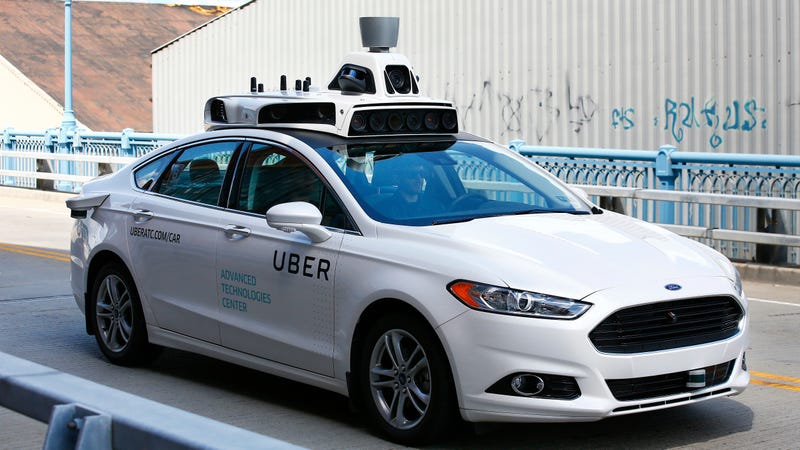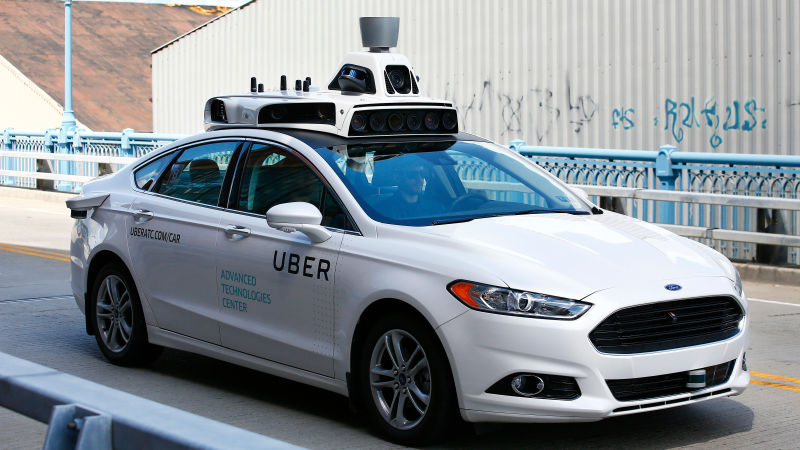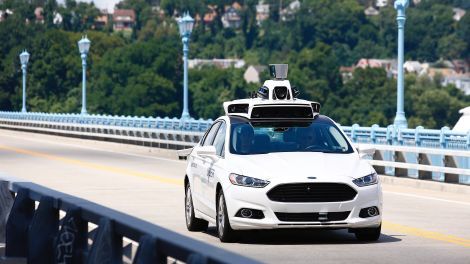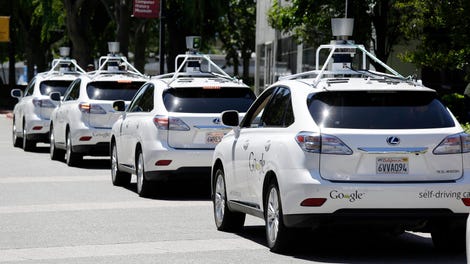
Legislation at the federal level for self-driving cars has been wending its way through the U.S. Congress this year, setting up a key vote next week in the U.S. House.
The full House of Representatives will vote next week on bills that would allow automakers to eventually deploy up to 100,000 vehicles annually that are exempt from existing auto safety standards. Currently, lawmakers can only seek an exemption for 2,500 vehicles.
Advertisement
That would mean automakers could test far more vehicles that don’t follow traditional safety standards, without having regulators raising concerns about seats facing backwards or cars without a steering wheel.
“Self-driving vehicles stand to make our transportation system safer and more efficient,” said Republican House Majority Leader Kevin McCarthy, in a statement to Reuters. “Advancing this technology to road-ready requires government policy that encourages continued testing and development.”
The legislation also would ban states from enacting self-driving car laws of their own. States across the U.S. have autonomous vehicle laws on the books that vary to a significant degree. The Alliance of Automobile Manufacturers, a trade group representing numerous carmakers, told Reuters the legislation would “bring a host of benefits to Americans by helping to bring self-driving vehicles to our roads as quickly as possible.”
Advertisement
There’s a number of imperfections to the proposed bill, which we covered at length earlier this year, but a vote’s expected to happen as soon as Wednesday.
















